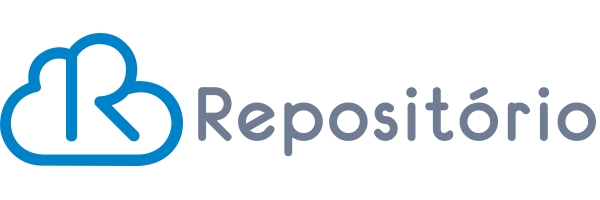
I recently have been seeing many people talking about how to set challenges, how to face difficulties and at the same time I see that as sharp as the speech is the amount of people who think that to set challenges is to propose impossible missions, hoping that the team acts as martyrs before the inevitable defeat. I always heard some people say that “one should set a task above capacity of the individual; so they will develop themselves and will be able to accomplish their activities according to their new level of ability.”
When I began to manage development teams, I found that an absurd. First, the employee will fail several times before he could raise their proficiency to the point that he will be able to do his work right. During this period, what should the company do with the poor results that this professional is delivering? Second, by giving people more than they are trained or, as I prefer, most than they are proficient to do, we’re probably subjecting the individual to failure by planning.
When I was reviewing my “digital manuscripts”, in other words looking at notes, presentations and etc., I came across several summaries I wrote my own purpose to set my style when setting challenges to my team. A fragment of this idea is briefly addressed in Autodesenvolvimento (Self-Development) when I dealt with deadlines while listing aspects of a good company to work for:
Another good point is to assess how the company determines its deadlines: a company that sets random unrealistic deadlines usually can not differentiate the delay from the good ones from the incompetence of the bad ones for good and bad professionals will fail in the same way. And without this differentiation there is no opportunity for anyone.
What I find much more consistent is to gradually increasing the difficulty of the proposed goals within the scope of the individual’s proficiency. In this way, the employee already has the skills to perform a particular activity and what he is missing is just experience. Basically, it is the reproduction of what happens in the life of the professional: he studies to obtain a degree or diploma (i.e. a proficiency certificate) and then start to work and accumulate experience.
In other words, the individual already has the requirements to be assigned to new (or more) functions and is only at this point that such assignment must, in fact, be made. And with that in mind, the passage that I mentioned comes from a much greater thought, which I hold fundamental in any measurement of performance and accomplishments:
If the proposed goals are too easy both the worst and the best performers will be successful, therefore, they are equal. Conversely if the goals are unattainable both the worst and the best performers will fail, therefore, they are equal. The challenges must be consistent to differentiate the best of the worst performers.
But what does this kind of thought mean? Well, any surreal challenge will instantly demotivate the team. Be it too easy (discouragement) or impossible (withdrawal), the team always react negatively to misplaced challenges. The secret lies in the balance and this balance is called leverage.
Over time, the allocation of new activities to someone will promote the expansion of proficiency and probably will open opportunity to start the cycle. The individual will face his challenges with a higher number of successes over failures, after all, we all do a lot less or much smaller mistakes when we know what we are doing.





